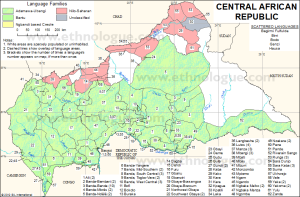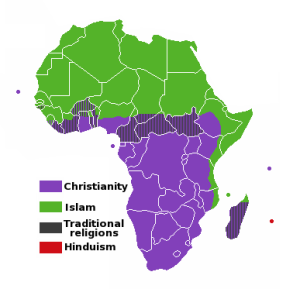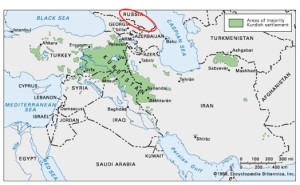
Attached below are two very important reports by two of the most astute observers of conflicts in the Middle East. The first is a precisely-focused report by Rami Khouri, editor at large of Lebanon's Daily Star. Khouri analyzes how the recent assassination of Mohamad Chatah needs to be interpreted in the context of complexities of (1) Lebanon's domestic politics, (2) the Syrian war's spilling over and exacerbation of the domestic conflicts in Lebanon, and (3) the larger Sunni-Shi'a conflict in the Arab-Persian world.
The second attachment, “A Long Ferment in the Middle East,” by Patrick Cockburn, is a great bookend to Khouri's incisive analysis. Cockburn has produced a wide-ranging, brilliantly written portrait of the larger context in which Lebanon is but one crisis. Cockburn analyzes the growing instability across the Middle East, especially from the viewpoint of how the emerging political retrenchments triggered by western interventions and western naivety on the one hand, and/or the local authoritarian or religious forces on the other, have worked so surprisingly well to undo the popular secular pressures that exploded during the so-called Arab Spring. He ends with an imaginative comparison of the apparent Kurdish success in Iraq to the seeming failures of the Syrian rebels. Without implying any kind of criticism or detracting from his points, two additional factors might also be involved in the Kurdish success: the international role of Iraqi Kurdistan's oil wealth and Israel's shadowy involvement in Iraqi Kurdistan, including its subtle impact on fault lines in Turkish politics.
>FYI, I reformatted and highlighted both attachment to make my impressions of these important papers a little clearer (readers who find this distracting will find Kouri's original at this link and Cockburn's original at this link)






